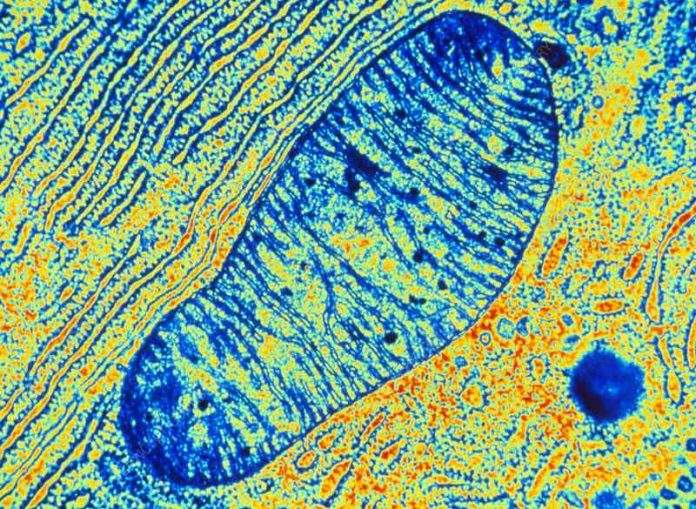Women that have children later in life are known to produce children with greater rates of heart disease, Alzheimer’s disease, diabetes, and cancer. Kateryna Makova, professor of biology at Penn State University, and Ian Paul, a pediatrician at the Penn State Milton S. Hershey Medical Center, have proven a connection between the mitochondrial DNA of older women and the higher rates of disease in their children for the first time.
Mitochondria are the sites of energy production. Mitochondria manufacture a distinct type of DNA. Mitochondrial DNA is passed to children from the mother only. The research examined the effects of age on mitochondrial DNA mutations in 39 women between the ages of 25 and 59. The research also examined the mitochondrial DNA mutation rate of the women’s children.
The study found that older women have more mutations in their mitochondrial DNA. These mutations are passed along to their children. Mutations in mitochondrial DNA continue to occur throughout the life of a woman. The older a woman is the more mutations in mitochondrial DNA occur.
The researchers also found that the period of time that is known to decreases the number of mitochondrial DNA molecules that are transferred between mother and offspring is small. This is the first time that the time frame has been defined by evidence. The time frame allows some mutations like those that cause Down syndrome to be more likely to pass from mother to child than other mutations. The researchers propose that their discovery be used as an additional consideration in family planning for older women.















